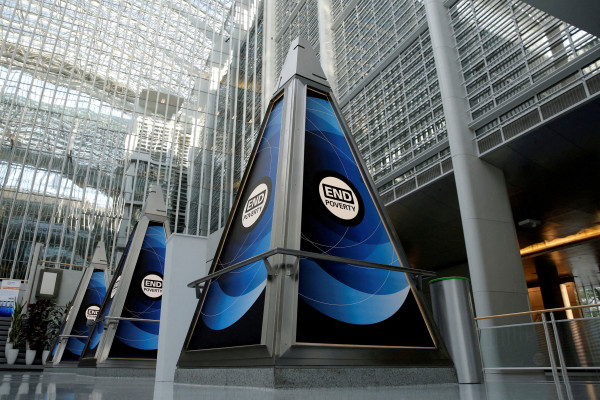The World Bank has cancelled a $500 million loan for Pakistan that would have funded a clean energy programme. The loan was revoked after Islamabad “failed to implement key conditions tied to the agreement including revisions to the power purchase agreements under the CPEC (China-Pak Economic Corridor),” says Money Control quoting The Express Tribune.
The report says the World Bank has also made clear it will not approve any new budget-supporting loans this year, which puts a question mark over its dwindling foreign exchange reserves.
The announcement comes at a time when the government is not only strapped for cash, it is grappling with structural deficiencies, inflation and a growing debt burden. Economic growth was 2.4% last year, well below the population growth rate of 2.6% and tax revenues are only 12% of GDP.
The report quotes Shahbaz Rana of the US Institute of Peace that energy and state-owned enterprises “continue to hemorrhage resources while external accounts face mounting stress due to low exports and foreign direct investment along with high import dependency.”
An emergency stop-gap deal with the IMF last year helped Pakistan avert a default-like situation, but that agreement has concluded and the country remains vulnerable.
A $7 billion bailout package with the IMF in September has focused on broadening the tax base and improving government transparency. But Pakistan’s problems are very deep-rooted and doubts remain whether the new programme can rescue the country.
The new IMF programme does nothing to rein in government spending but focuses on revenue generation, removal of subsidies and higher taxes. The government’s push to fund development and non-development expenses has pushed debt to unsustainable levels.
The report notes that 50% of the annual budget is consumed by interest payments alone. This unchecked spending with allocations often tied to political patronage, are areas not addressed by the IMF.
Pakistan’s debt to China is another burden: today a little over $23 billion is owed to various Chinese entities, which accounts for 28% of the country’s external debt. The IMF programme requires Pakistan to stop subsidies and tax breaks for Chinese firms operating in the CPEC special economic zone, and it’s not clear how the government is going to do it.
While the IMF programme is expected to bring some short-term stability to Pakistan, the key issue here is the political will to implement unpopular reforms, particularly taxes and subsidies. Long term Pakistan has to address the broader issues of structural inefficiencies, debt sustainability and competitiveness.
Thirty eight years in journalism, widely travelled, history buff with a preference for Old Monk Rum. Current interest/focus spans China, Technology and Trade. Recent reads: Steven Colls Directorate S and Alexander Frater's Chasing the Monsoon. Netflix/Prime video junkie. Loves animal videos on Facebook. Reluctant tweeter.





